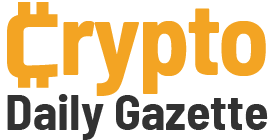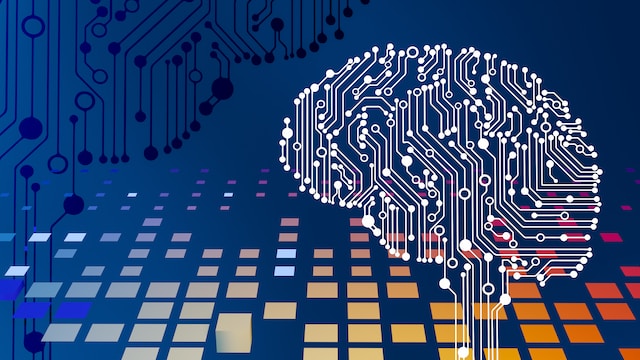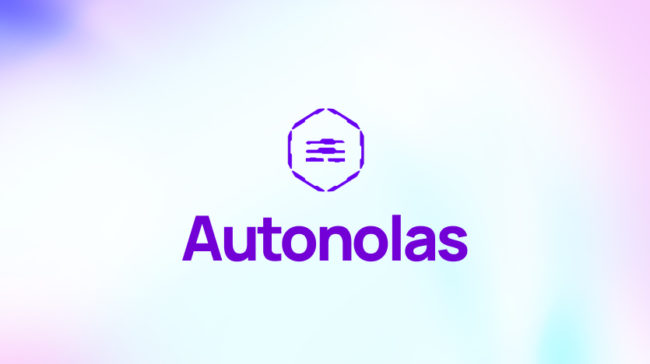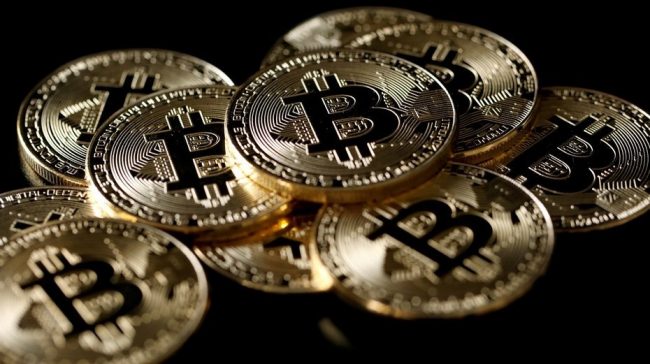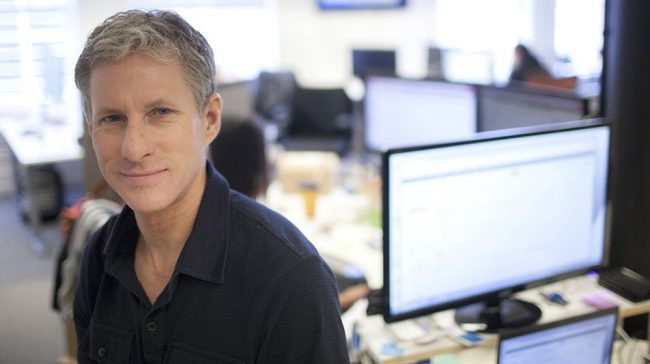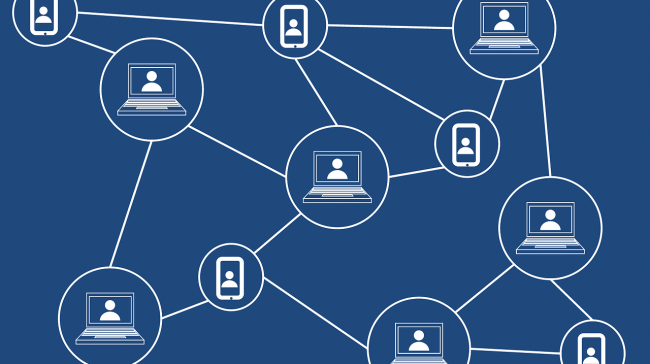
Here, we will answer the question – what is DAO in cryptocurrency?
DAO means Decentralized Autonomous Organization, a term first used in 2016 to describe an organization governed by computers, networks, and codes.
You can compare it to a traditional financial organization or a venture capital, but without the conventional structures which act as bottlenecks. DAOs fund projects worldwide, support charitable organizations and communities, and also reward shareholders.
Unlike traditional organizations governed by individuals, groups, governments, or Central Banks, with decision-making power concentrated amongst a select few, DAOs implement decisions based on the organization’s codes and rules (smart contracts) stored on a blockchain network, hence the term ‘decentralized.’
How Does DAO Work?
Like in traditional organizations where you become a member by buying the organization’s share, you also have to buy a DAO’s token to become a DAO member. Since DAOs are blockchain projects, Popular DAO tokens like Olympus’s OHM, Maker, and DAI, are listed on Coinmarketcap and are available on major cryptocurrency exchanges. Its decentralized nature means that your voting and decision-making power is proportional to the amount of DAO tokens you hold.
By owning and staking DAO tokens, you acquire the right to vote for a proposed project, with your voting power being proportional to the amount of DAO tokens staked.
The voting outcome is determined based on the existing smart contract rules, and voters are rewarded based on the amount of DAO tokens staked.
Origin Of DAO
The idea of DAO was conceived due to the need for transparency in handling investors’ funds, hence the need to decentralize decision-making processes using blockchain networks.
Based on the initially conceived idea, investors can become a member of a DAO by participating in an ICO (Initial Coin launch) (much like an IPO for raising funds for traditional organizations) by buying into the initial token presale using Ethereum, Bitcoin, or other accepted cryptocurrencies.
Members have voting rights based on the number of tokens held; therefore, members with the most tokens contribute more to voting outcomes. In the end, the process is transparent, with every token holder given an opportunity to vote on projects.
The first DAO was launched on the Ethereum Smart contract platform in April 2016; it successfully launched, raising over $150 million in funds (representing 14% of the total Ethereum tokens in circulation), making it the largest crowdfunding project in 2016.
Shortly after the launch of the DAO on Ethereum’s Smart-contract network, a publication appeared in the Economist detailing potential security issues the DAO would likely face, warning investors of the likelihood of losing money to future projects unless the vulnerabilities were addressed.
In the following months, the DAO was hacked, exploring flaws in the DAO’s programming. This led to a loss of over 3.6 million Ethereum tokens, totaling over $50 million. This infamous hack was a significant incident that fueled Ethereum’s hard fork, which split the Ethereum network into Ethereum and Classic Ethereum in July 2016.
By September 2016, most of the notable cryptocurrency exchanges had de-listed the DAO token due to myriads of controversies surrounding the DAO.
Importance Of DAO
One significant challenge facing the traditional organization is the principal-agent dilemma, a power conflict between the principal (a person or group with majority shares) and agents (the decision-makers). This challenge was resolved by DAO since it is a trustless and decentralized platform; hence the principals need not trust any agent acting on their behalf.
DAO will ultimately solve myriads of funding challenges; it still has to overcome legal issues. Roughly a year after the DAO was hacked, the US Securities and Exchange Commission (SEC) ruled that the DAO sold stocks as tokens, an act under the exclusive rights of the SEC; hence, Ethereum violated the US’s SEC laws by selling shares without SEC’s approval. If the full benefits of DAO are to be explored, then it must be able to overcome legal issues that may arise from its activities.
The Future Of DAO
Although DAO faces many challenges, including an immutable nature that makes changes difficult, susceptibility to hacking attacks, legal issues, etc., investors and cryptocurrency enthusiasts believe that DAO is the future of finance. Hence, rather than backing down, we are beginning to witness the emergence of DAOs poised to fast-track the transition of traditional organizations to decentralized organizations that will operate with transparency.
